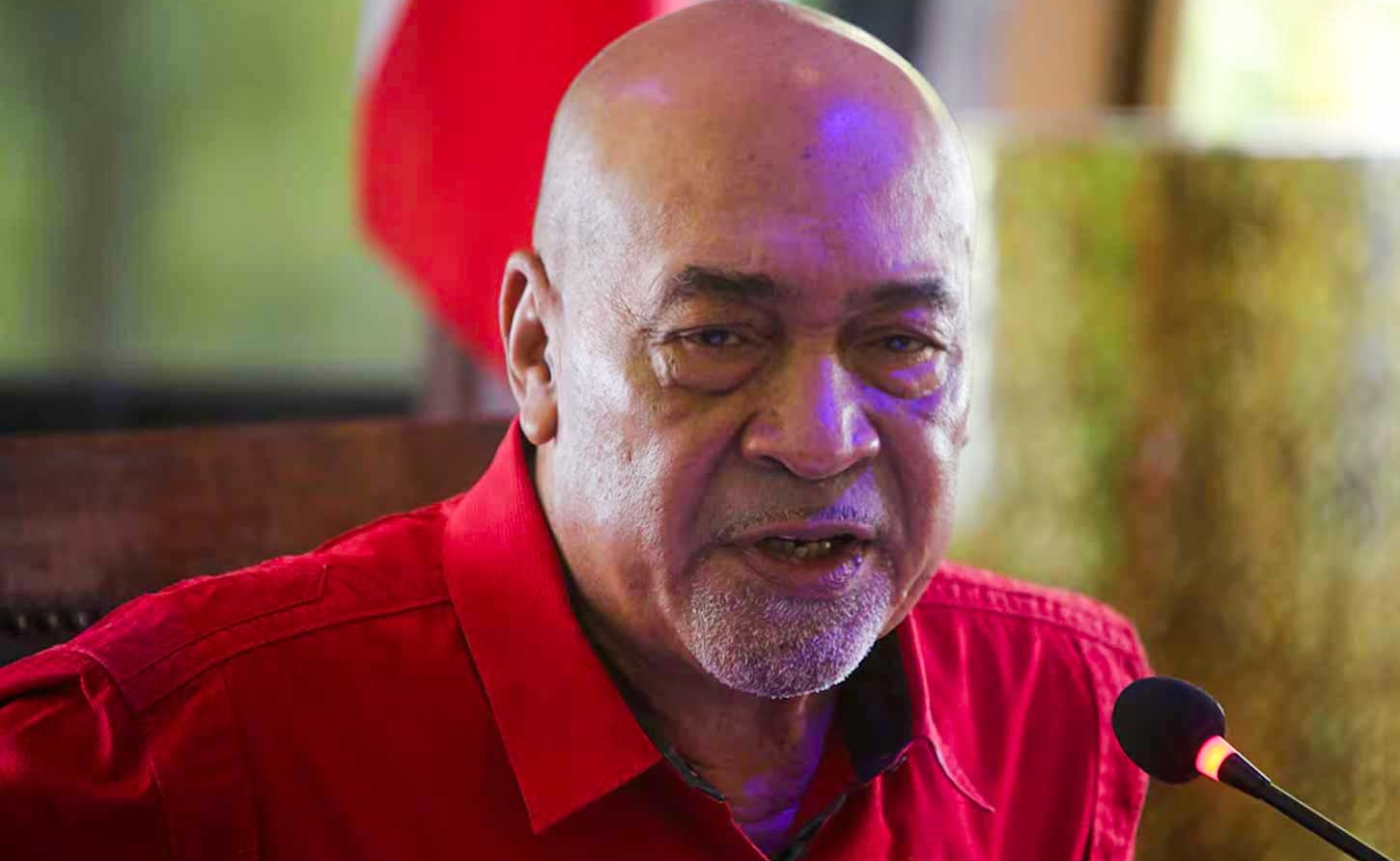SURINAME | Desi Bouterse, Suriname's Strongman-Turned-Fugitive, Dies at 79

PARAMARIBO — Desi Bouterse, the former coup leader and president of Suriname who died Tuesday at 79, spent his final days as a fugitive from justice, marking a dramatic end for a man whose iron grip on the tiny South American nation spanned more than four decades.
The death of the controversial leader was confirmed Wednesday by Foreign Minister Albert Ramdin, though the government remained silent on where Bouterse died. The announcement came mere days after authorities failed to locate him during a raid on his home, where supporters now gather to mourn.
Bouterse's path to power began violently in 1980 when he led a coup that overthrew the democratic government. As dictator, he quickly established an authoritarian regime, imposing evening curfews, muzzling the media, and banning political parties.
It was during this dark period that his forces committed what became known as the "December murders" – the torture and execution of 15 prominent opponents including lawyers, journalists, businessmen, and military personnel.
"It doesn't matter if he pulled the trigger or not," declared Justice Dinesh Sewratan in the final ruling upholding Bouterse's 20-year sentence. The judge noted that Bouterse "had enough opportunity and time" to halt the executions, and "never expressed remorse and sincere regret."
In a remarkable testament to his political resilience, Bouterse later reinvented himself as a democratic leader, winning presidential elections in 2010. He would serve two terms until 2020, even as the legal process for the December murders wound its way through the courts.
The transformation from coup leader to elected president highlighted the complex relationship between Bouterse and his people – he remained popular in some circles even after his 2019 conviction.
The final chapter of his legal saga played out just days before his death, when Suriname's highest court upheld his 20-year sentence on December 20. The verdict, delivered in a Paramaribo courthouse ringed by security forces, put an end to years of legal maneuvering.
Though fears of unrest had surrounded the ruling, the streets remained calm – a sharp contrast to the turbulent years of his dictatorship.
President Chan Santokhi, who had pursued Bouterse first as a police commissioner and later as justice minister, walked a diplomatic tightrope in responding to the death of his longtime adversary.
"In the spirit of the holiday season," Santokhi urged citizens to "remain dignified and calm," his words acknowledging the deep divisions that still mark this former Dutch colony.
Reed Brody, a U.S. war crimes prosecutor who monitored the case for the International Commission of Jurists, offered a biting epitaph: "Thanks to the victims' relatives and their supporters who never gave up, Bouterse will go down in history as a convicted murderer."
The statement reflected the mixed emotions many felt at the news – relief that justice had been served, if not fully executed.
Bouterse's argument that the murdered opponents were connected to a planned invasion of the former Dutch colony had found little sympathy in court. Justice Sewratan's ruling specifically rejected claims that the killings were not premeditated, bringing a measure of judicial closure to one of Suriname's darkest chapters, even as the man at its center eluded physical custody.
For Suriname, a country of just over half a million people nestled on South America's northern coast, Bouterse's death represents both an end and a beginning. His transformation from coup leader to dictator, then to elected president and finally fugitive, mirrors the nation's own complex journey with democracy.
While his passing closes a turbulent chapter in the nation's history, it also raises questions about reconciliation in a country where he maintained loyal supporters until the end.
As those supporters gathered Wednesday at his residence to pay their respects, their grief mingling with the holiday season's usual festivities, the contrast served as a potent reminder of how deeply Bouterse's actions divided this small nation. It's a division that, like the impact of his December murders four decades ago, may take generations to heal.
The former president's family is expected to make a statement later Wednesday, according to members of his political party, though like so much in Bouterse's life, questions remain about the circumstances of his final days.
-30-
